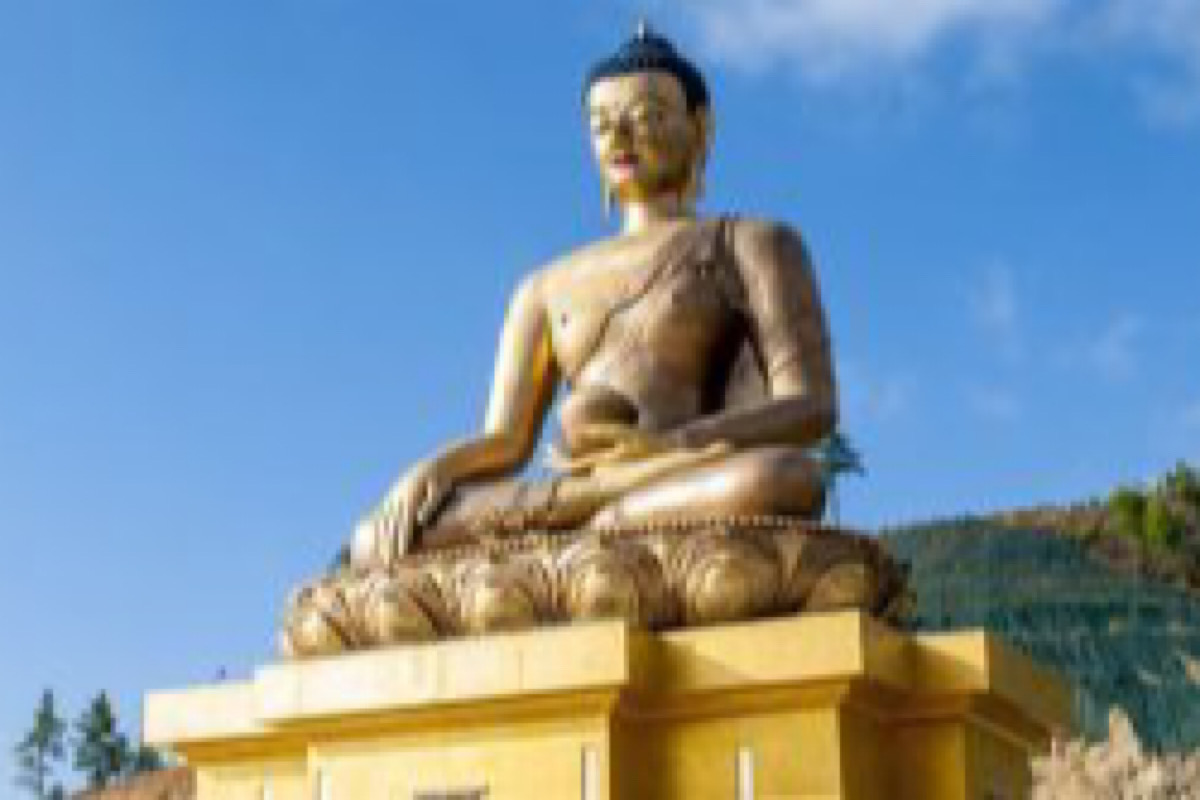Today is Buddha Purnima, one of the most important Buddhist festivals celebrated all over the world. The festival, also known as Vesak or Buddha Jayanti, is the day on which the Buddha (Gautama Buddha) was born, attained enlightenment, and achieved nirvana.
Buddha Purnima is celebrated on the full-moon day of the Vaisakha month of the lunar calendar, which falls in April or May.
Advertisement
The history of Buddha Purnima dates back to over 2,500 years ago when Prince Siddhartha was born in Lumbini, Nepal, to King Suddhodana and Queen Mayadevi. According to legend, Queen Mayadevi gave birth to the prince while holding onto a tree branch in a garden.
Born into a royalty, Siddhartha lived a luxurious life till 29 years of his age when he renounced his life of wealth and privilege to seek enlightenment. He spent six years meditating and practicing asceticism until he attained enlightenment at the age of 35 when he came to be known as the Buddha, meaning “the enlightened one”.
The Buddha spent the rest of his life teaching his followers about the Four Noble Truths and the Eightfold Path, which constitute the foundation of Buddhism, the religion he espoused.
Buddha Purnima is celebrated in different ways in different countries and regions. In India, Buddhists celebrate the festival by visiting Buddhist temples and monasteries, offering prayers, lighting candles and incense sticks, and reciting Buddhist scriptures. People also offer money and food to the poor and the needy.
In Sri Lanka, the festival is celebrated by lighting lamps and decorating homes and public places with Buddhist flags and banners. Buddhists visit temples to make offerings and listen to sermons by monks. In Thailand, the festival is known as Visakha Bucha Day, a national holiday. Buddhists celebrate the day by visiting temples, performing merit-making activities, and releasing birds and fish as a symbol of liberation.
In Nepal, the festival is known as Buddha Jayanti and is celebrated with great fervour. Buddhists here visit monasteries and stupas, light butter lamps, and offer prayers and food to monks. In some parts of Nepal, a procession is held where a statue of the Buddha is carried around the city, accompanied by musicians and dancers.
In addition to these traditional celebrations, many Buddhists around the world observe the day by practicing meditation, reciting Buddhist scriptures, and performing acts of kindness and charity.
Buddha Purnima is not only a time for Buddhists to celebrate their faith, but is also an opportunity for people of all faiths to come together and learn about the teachings of the Buddha. The principles of Buddhism, such as compassion, kindness, and non-violence, are universal which apply to all aspects of life.
On this day, Buddhists also reflect on the life and teachings of the Buddha and the impact he had on the world. The Buddha’s teachings have influenced countless people throughout history, including leaders such as Mahatma Gandhi and Martin Luther King Jr. His message of peace and compassion continues to inspire people to this day.
In conclusion, Buddha Purnima is a significant festival for Buddhists around the world. It is a time to celebrate the birth, enlightenment, and passing of the Buddha, as well as an opportunity to reflect on his teachings and their relevance to our lives today. The festival is a reminder of the importance of compassion, kindness, and non-violence, values that are essential for building a better world.









